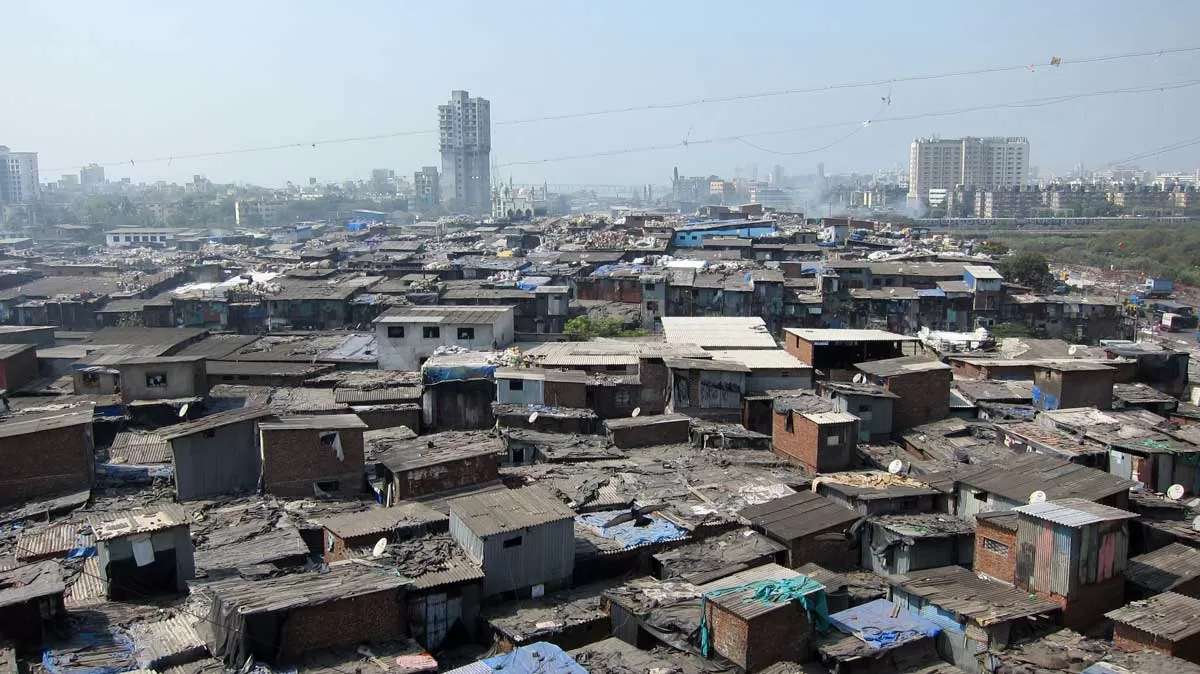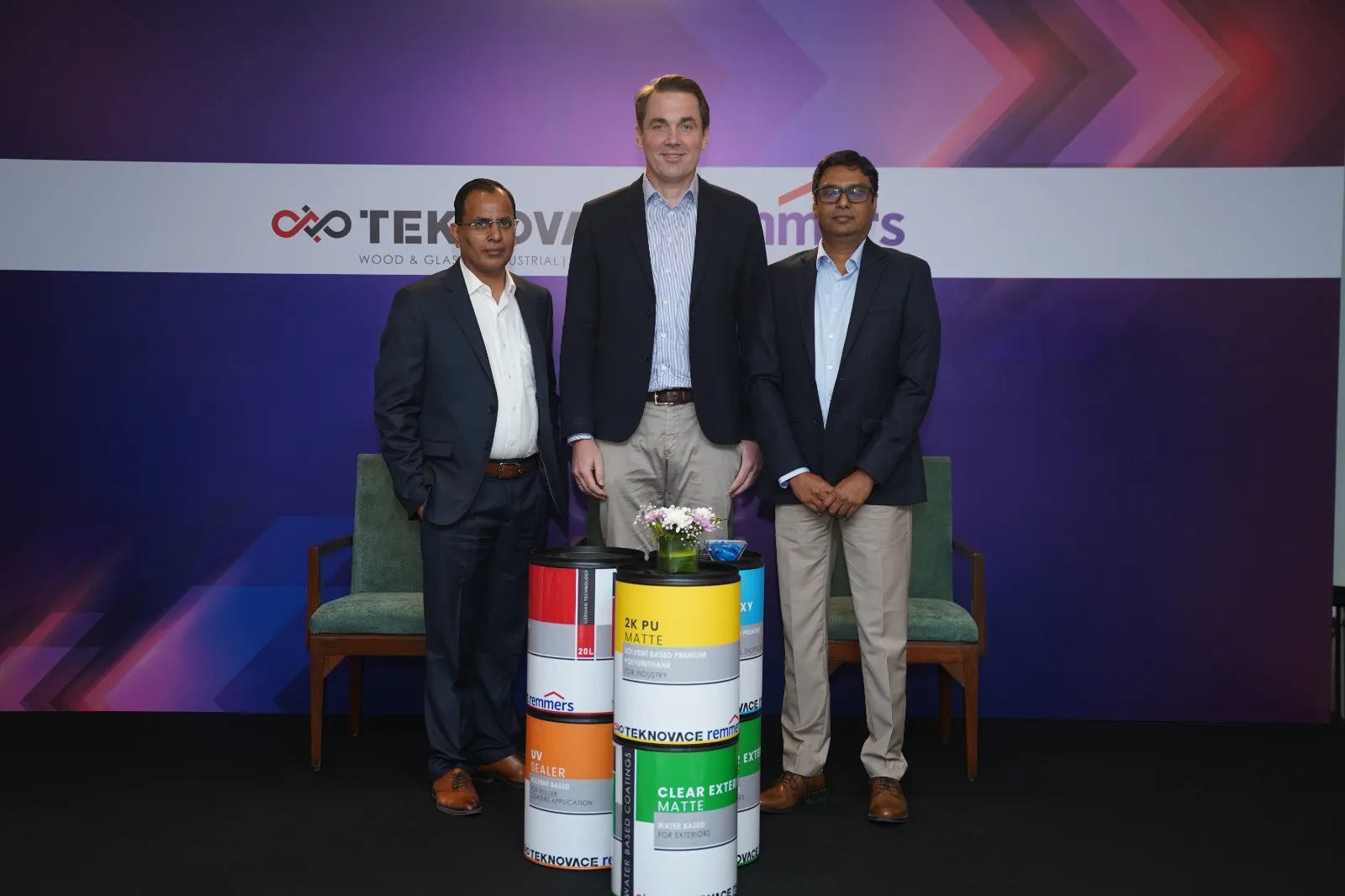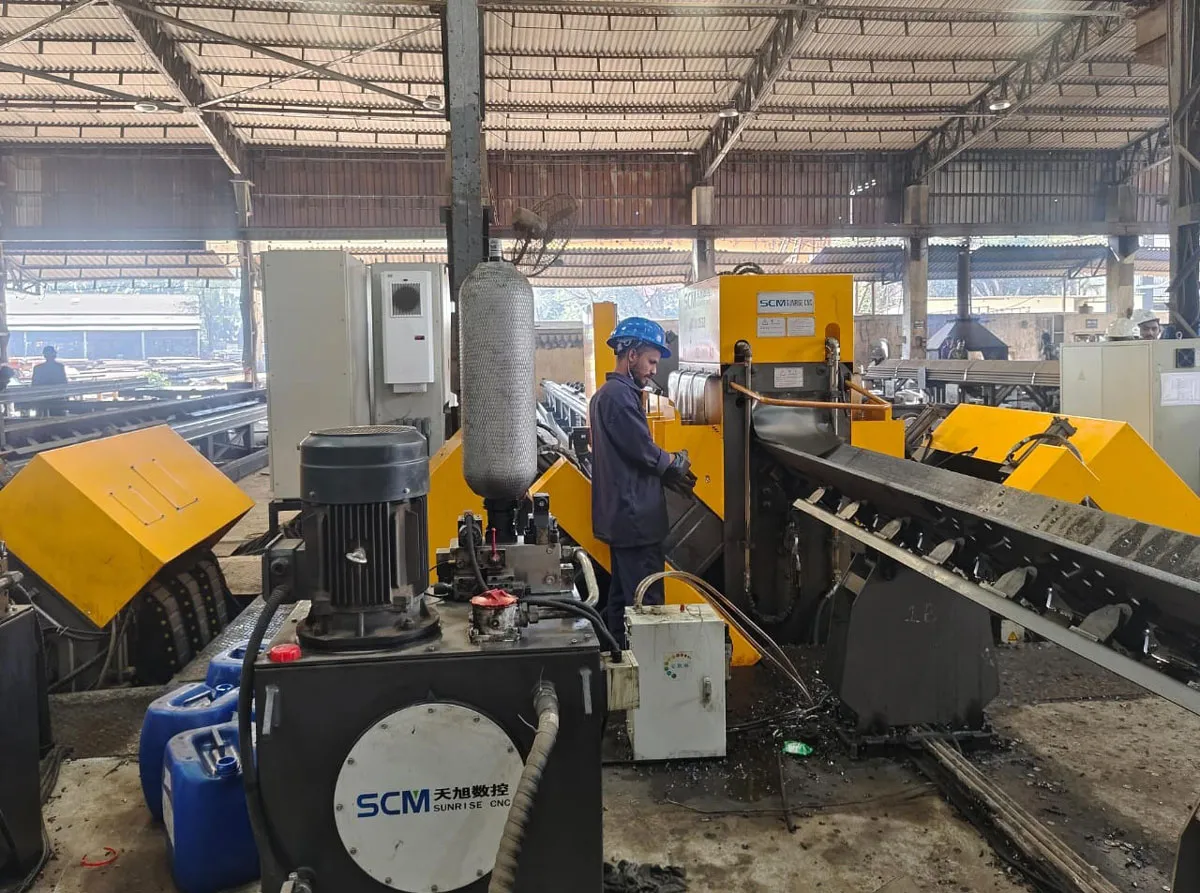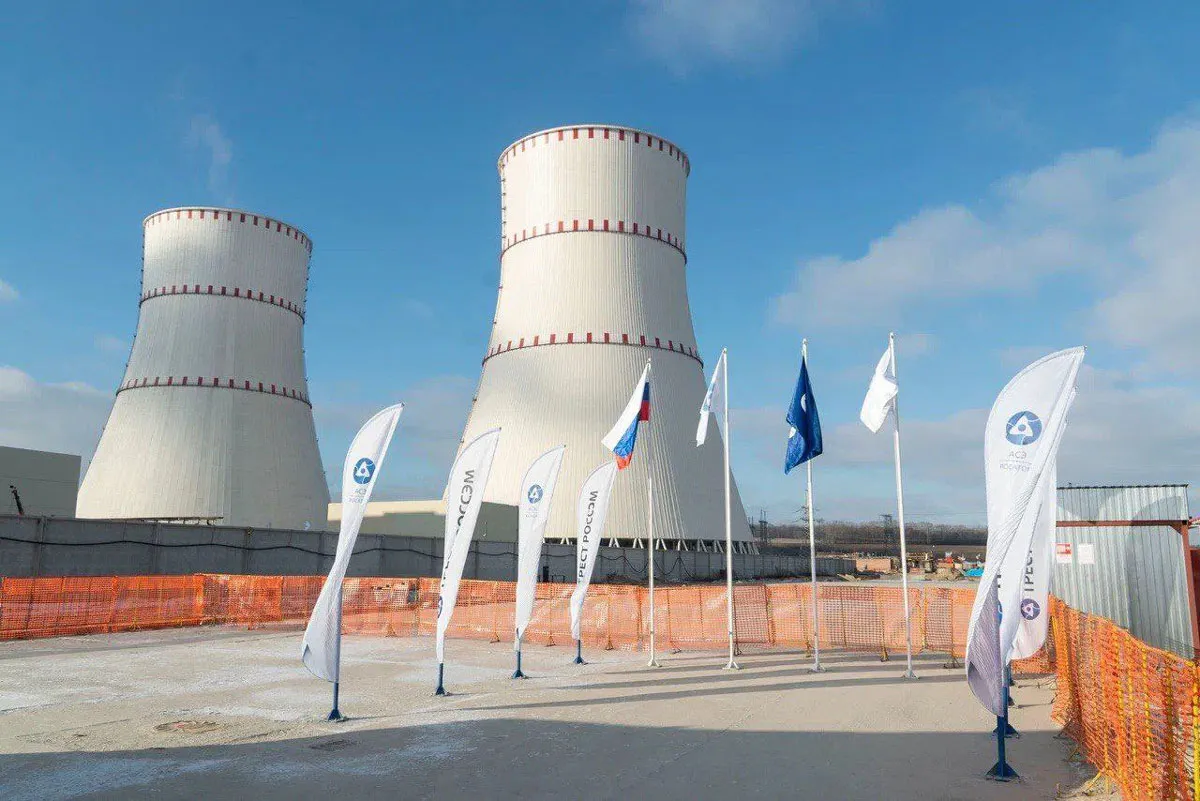The long-awaited Dharavi Redevelopment Project in Mumbai, one of the most ambitious urban renewal initiatives in India, is set to make significant progress soon. According to SVR Srinivas, CEO of the Dharavi Redevelopment Project, construction work is likely to commence within six to eight months. This project aims to transform Asia's largest slum into a modern urban locality, bringing significant changes to the lives of its residents.
Survey Completion: The project's immediate focus is completing a comprehensive survey of Dharavi, covering its vast and densely populated area. This survey is critical for mapping the existing structures, identifying eligible beneficiaries, and understanding the current socio-economic conditions of the residents. Once completed, this data will form the basis for planning the redevelopment phases, ensuring that the project is executed efficiently and inclusively.
Timeline for Construction: SVR Srinivas mentioned that, following the survey's completion, construction work could begin in six to eight months. This timeline reflects the project's preparatory stages, including planning, approvals, and tenders. The commencement of construction marks a significant milestone in the project, as it transitions from planning to tangible development.
Transformation of Dharavi: The Dharavi Redevelopment Project aims to overhaul the existing slum into a well-planned, sustainable urban space. The project will replace the current informal housing with modern residential complexes, commercial spaces, and social infrastructure such as schools, hospitals, and community centers. This transformation is expected to provide better living conditions for over 60,000 families residing in Dharavi, offering them improved sanitation, healthcare, and education facilities.
Challenges Ahead: Despite the progress, the project faces numerous challenges, including land acquisition, rehabilitation of current residents, and coordination between various stakeholders. The Maharashtra government, which is spearheading the project, is working closely with the developers, planners, and residents to address these issues. Ensuring that the redevelopment is inclusive and benefits the existing population is a priority.
Economic Impact: The redevelopment of Dharavi is expected to have a significant economic impact on Mumbai. The project will create jobs during construction and in the newly developed commercial spaces. Additionally, the upliftment of Dharavi could enhance property values in the surrounding areas, contributing to the overall economic growth of Mumbai.
Investor Interest: The Dharavi project has attracted interest from various investors and real estate developers due to its scale and location in the heart of Mumbai. The project offers immense potential for returns, given its strategic location and the government's commitment to its success. The involvement of private players is crucial for financing and executing such a large-scale redevelopment project.
Government Support: The Maharashtra government has been actively involved in the Dharavi Redevelopment Project, providing the necessary policy support and facilitating the coordination among different agencies. The government's role in ensuring the timely completion of the project and addressing the concerns of the residents will be pivotal in the project's success.
Social and Cultural Considerations: Dharavi is not just a slum but a vibrant community with a rich cultural fabric. The redevelopment project aims to preserve this cultural heritage while upgrading the living conditions. The planners are keen on maintaining the social cohesion of the community, ensuring that the redevelopment process does not disrupt the lives of the residents more than necessary.
Future Outlook: Once completed, the Dharavi Redevelopment Project is expected to serve as a model for slum redevelopment in other parts of India and the world. It will demonstrate how urban renewal can be achieved in a way that balances development with social equity. The project's success could pave the way for similar initiatives in other cities facing the challenges of urban slums.
Conclusion: The Dharavi Redevelopment Project represents a significant step towards improving the living conditions of one of Mumbai's most densely populated areas. With construction set to begin soon, the project is on its way to transforming Dharavi into a modern, sustainable urban space that benefits its residents and contributes to the growth of Mumbai.




















